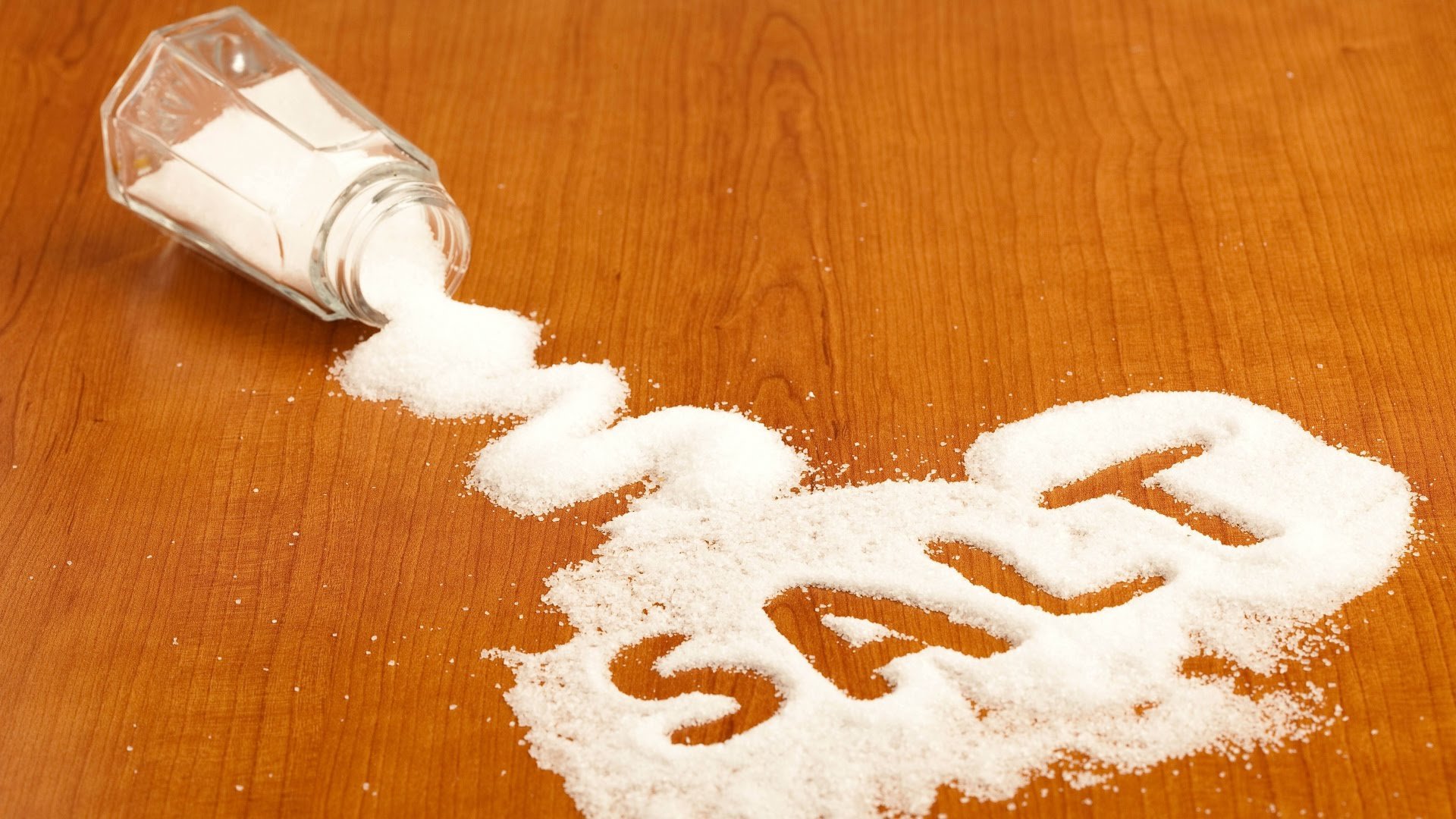To salt or not to salt?
The reputation of salt or sodium chloride in relation to dieting for optimal body composition is one of much confusion and at times regarded as controversial by those who do not understand the potential influence on one’s performance, composition and appearance its incorporation can encourage. A regulated and controlled intake should not be overlooked simply due to its water retentive reputation. Contrary to this fact, not having a high enough sodium intake is actually counterproductive to optimal condition.
When introducing sodium, provided you are accustomed to avoiding it, you can expect the body to temporarily retain more fluid. Such a repercussion is not to be feared, the water retention initially increasing your sodium intake will encourage will linger for several days until the body is able to establish a point of equilibrium and homeostatus.
Such a response is indicative and of relation to the influence sodium has on the hormone Aldosterone, which will increase temporarily and then subside approximately 7 days preceding the increase in your sodium intake at the origin of such hormonal variances. Aldosterone is secreted in one’s urine. To keep Aldosterone levels in a range one would consider viable correlative to the amount of water they would like to retain, if any, it is imperative to keep ones salt and water intake high and controlled to avoid the antidiuretic hormone vasopressin being subsequently influenced and secreted.
The importance of keeping the hormone Aldosterone at a low level is due to the fact that it is a hormone that is released within the body as a result of physiological or metabolic stress. When levels of Aldosterone are higher than normal the reabsorption of sodium via the kidneys will occur, subsequently encouraging the body to retain the sodium that would have otherwise been excreted.
As the composition of the body changes and one’s body fat and carbohydrate intake decrease the body will be less inclined to retain the water it typically would. Low carbohydrates will have an effect on glycogen which in fact binds approx. 2.7g of water per gram.
Without sufficient salt at this point the body will run the risk of undue stress whist undergoing training as muscle tears and cramping are not uncommon.
Without sufficient amounts of sodium the body will inevitably compensate by the excretion of potassium which will in turn result in a decrease in the fluid volume of the muscle cells, however by increasing sodium, muscle volume will become apparent.
This muscle volume is the result of adding more fluid on a cellullar level within the muscle and simultaneously will have an increased effect on protein turnover which will result in further hypertrophy or muscle growth.
Not only will the muscles look fuller but an increase in strength will occur due to increasing extra- cellular fluid levels outside the cell membrane.
Salt is an essential nutrient and cannot be made by the body. Do not fear the addition of sodium coupled with a high water intake as the results are scientifically proven and highly beneficial.
Take home notes : It is important to remember that the influence sodium will initially have regarding the amount of water one retains and the subsequent influence such water retention will have on a subjects weight is temporary and such water will dissipate momentarily provided your sodium and water intake is consistent and controlled proceeding such a point in time. Keeping both salt and water higher than usual will result in a leaner, fuller appearance, one can also expect to notice substantial and measurable increase in strength and muscular endurance.

